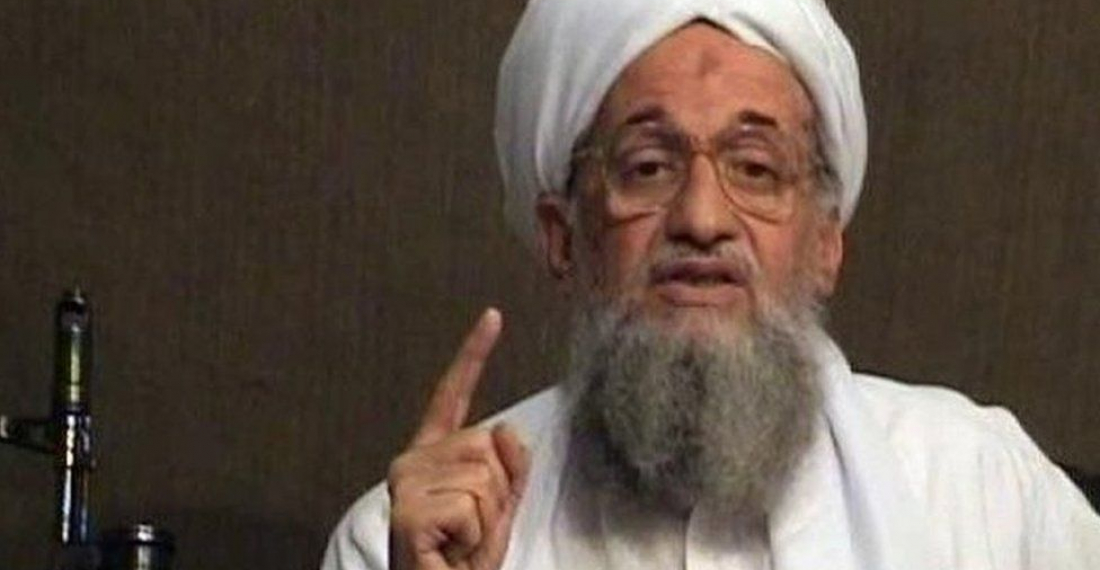The United States delivered a heavy blow against the Al-Qaeda terrorist group on Sunday, killing its leader, Ayman al-Zawahiri, in a CIA drone strike on the house where he was staying in Afghanistan’s capital, Kabul.
“Justice has been delivered and this terrorist leader is no more,” US president Joe Biden said in a special televised address from outside the White House.
Intelligence had located al-Zawahiri’s family in Kabul earlier this year, Biden said, adding that no members of the family or civilians had been killed in the attack.
An Egyptian surgeon with a $25m reward on his head, al-Zawahiri helped co-ordinate the 9/11 attacks on the US that killed nearly 3,000 people.
Earlier, US officials speaking on the condition of anonymity told reporters earlier that the CIA carried out a drone attack in Kabul using two missiles.
Al-Zawahiri was on his balcony at the time, they said.
Reporting from Kabul, Al Jazeera’s Ali Latifi said the drone strike had reportedly taken place on a house that belonged to a Taliban leader.
“This is a highly residential area of Kabul. It’s near a grocery store, near a bank, and a main street. It is an area where previous war lords, governors and ministers have lived under the previous government. It is not anywhere hidden.
“That raises the question of how the current leader of al-Qaeda could walk into Kabul without the government knowing and that’s what Joe Biden is alluding to when he says this is in violation of the Doha agreement.
The killing of Zawahiri in Kabul also raises questions about the return of international terrorism to Afghanistan after the Taliban take-over last year.
The Taliban confirmed the attack in Kabul, and condemned it as a “violation of international principles”.
In a statement, US Secretary of State Antony Blinken said al-Zawahiri’s presence in Kabul “grossly violated the Doha Agreement and repeated assurances to the world that they would not allow Afghan territory to be used by terrorists to threaten the security of other countries”.
Washington and the Taliban signed the deal in 2020 paving the way for the withdrawal of US-led foreign forces in return for a guarantee from the Taliban not to allow groups such as al-Qaeda and ISIL (ISIS) to operate on Afghan soil. The US forces withdrew just before an August 31 deadline in what turned out to be a chaotic exercise.
Blinken said that by allowing al Qaeda shelter in Afghanistan, the Taliban had also “betrayed” the Afghan people and “their own stated desire for recognition from and normalization with the international community”.
source: commonspace.eu with Al Jazeera (Doha) and agencies
photo Ayman al Zawahiri (picture courtesy of BBC, London)







